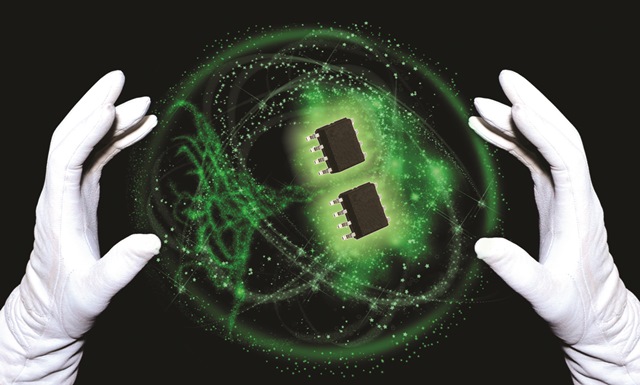
In our daily lives, we are surrounded by sensors of all sorts: magnetic, thermal, optical, pressure, and so on. They are ubiquitous; yet if you ask most people if they think they used a sensor today, they will probably say no.
Take magnetic sensors, for instance. Many of the things we take for granted today rely upon magnetic sensors: smartphones (e-compass), computer keys, home security systems, car ignitions, fuel pumps, and anti-lock brake systems, to name a few. And the number of places in which magnetic sensors are used continues to grow. Consider, for instance, the use of magnetic sensors in the smart grid and renewable energy systems, a topic addressed in the October 2013 cover article, “Current sensing for renewable energy,” where the essential element is a Hall-effect sensor.
Sensors are not only being used singly, but are being paired up with other types to provide more sophisticated results. In her article on combination sensors (“Designing in combination sensors,”), Jacqueline Leff of Honeywell Sensing and Control looks at the use of combination sensors for environment control in applications ranging from medical incubators to telecom cabinets.
Of course, we all take touch sensors for granted. Most of us can't see a display today without trying to operate the system to which it's attached by touching the display. But not all displays today have touch capability, and that's why Tony Gray and Michael Harris of Ocular LCD discuss the design of touch panels for use in rugged, harsh environments (“Projected capacitive touch panels for outdoor and marine use“)
As Arthur C. Clarke wrote in the 1973 revision of Profiles of the Future , “Any sufficiently advanced technology is indistinguishable from magic.” And when we look at the capabilities of today's sensors, we can surely say that they have reached the “magic” stage.
In one sense, that's a good thing. We have capabilities we have never had before, and we see no end to what may be possible in the future. Indeed, such things as the medical tricorder that was postulate in the television series Star Trek may soon be a reality, making rapid diagnosis available anywhere.
But the danger is that something appears to be magic because we cannot explain it. It is possible that, unless we take serious steps to improve the technical content of our basic education system, a generation will arise for whom sensors truly are magic: beyond their capability to understand, and something to be feared.
As we rely more and more upon sensors, it should be the responsibility of those who understand them to try to explain how sensors work to those people who don't understand them. Giving people at least a fundamental grasp of sensor technologies will help us maintain a society in which technological advances are both appreciated and encouraged.
Advertisement
Learn more about Electronic Products Magazine





